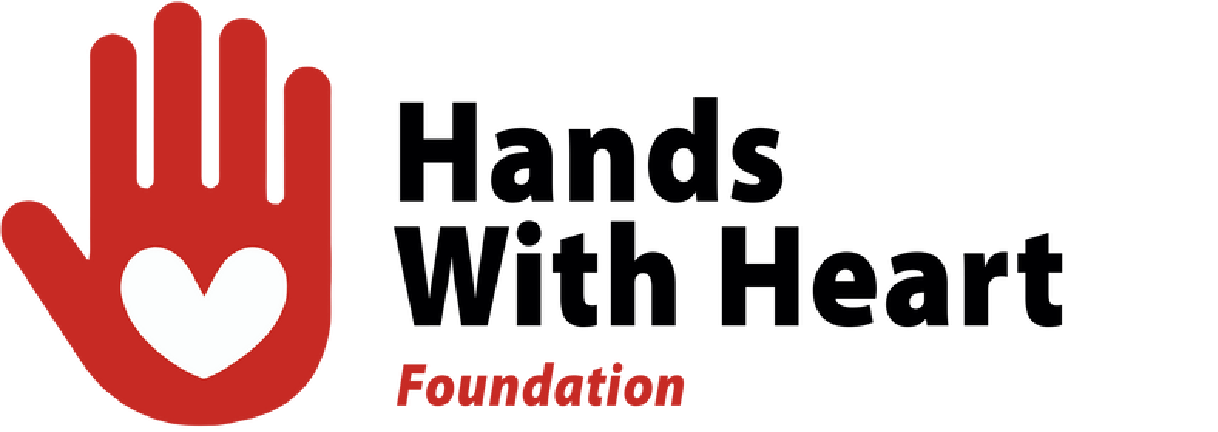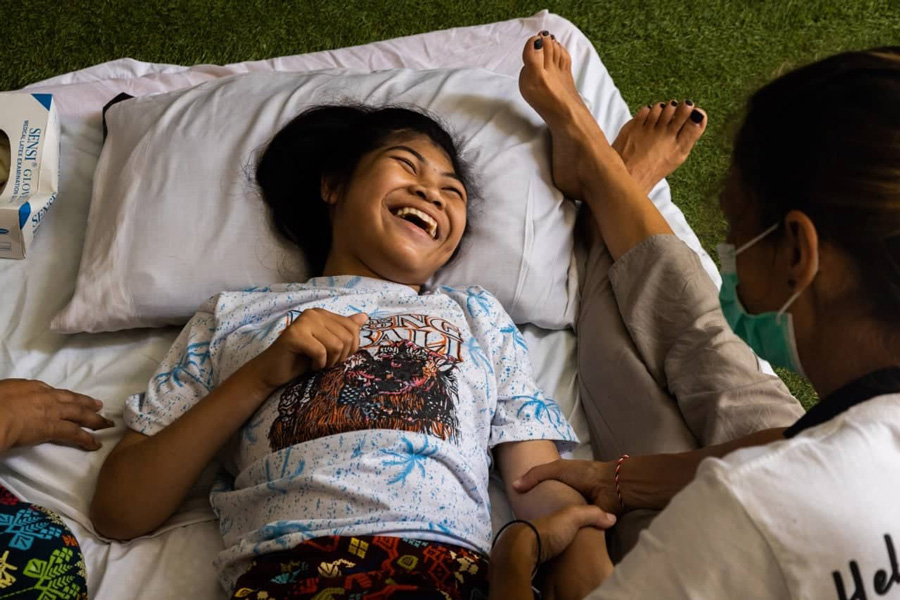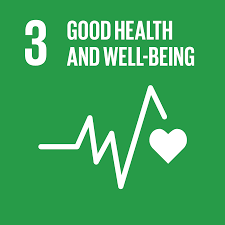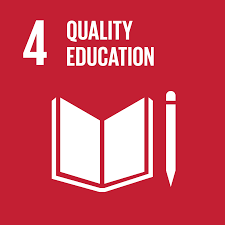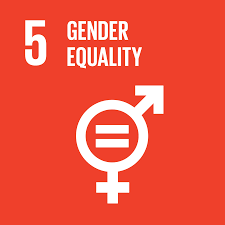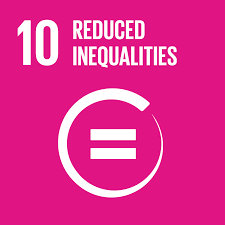
Hands with Heart Foundation is part of the organizations that are within the Sustainable Development Goals (SDG) Good Practices.
Since the 2030 Agenda and the Sustainable Development Goals (SDG) were adopted in 2015, many governments, UN entities, international and regional organizations and stakeholders have gained in-depth knowledge and expertise and taken innovative steps towards implementing this ambitious global framework.
Many inspiring breakthroughs and success stories are showing results and impacts all over the world, and several good practices can be replicated and scaled up to address existing gaps and constraints. In this sense, HwH contributes as much as possible by providing: Healthcare assistance for vulnerable children with disabilities in remote areas.
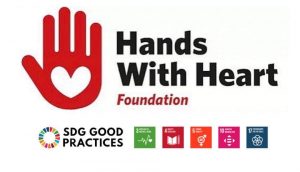
Our mission: Healthcare assistance for vulnerable children with disabilities in remote areas.
The health system of the countries where we deployed our operations (Costa Rica, Bali, Romania) is characterized by the lack of sufficient health facilities and the scarce offer of healthcare qualified workers fit to meet the demands.
Our practice is about providing free healthcare in the areas of Osteopathy, Physical Therapy, Optometry and Psychology (OPOP) to disadvantaged children with disabilities (CWD) with limited access to health.
In fact, this assistance is delivered by a group of highly qualified professionals who will also train local therapists and educate the families of CWD in the areas listed above through supervised clinical cases guaranteeing the local sustainability of the project.
Highlight activities of HwH related to SDG
Since 2017, the Foundation has carried out three different projects to provide free healthcare in Bali, Costa Rica, Romania.
This project has been included: 19 medical missions with more than 114 volunteers from 13 countries and with 5 different healthcare professions, 806 CWD treated with 80% of improvement. Also 4.573 treatments and 40 local Therapists trained, 7.450€ donated to CWD and collaborated with 13 Therapy Centers and 17 Academic Institutions. All of the above directly to SDG 3-4-5-10-17.
Specifically there is or contribution on each SDG:
- SDG 3: providing health for vulnerable children with disabilities.
- SDG 4: improving academic performance & physical skills increasing social inclusion.
- SDG 5: achieving equality empowering women.
- SDG 10: promoting social inclusion
- SDG 17: through partnership and international cooperation Positive Favorable reception from volunteers worldwide Well received by local therapeutic centers, communities and authorities. Great reception by academic institutions Breaking new ground via FBT with fully grateful families Negative Lack of a permanent presence mitigated by promoting sustainability via FBT Socio-cultural conflicts mitigated by including local representatives.
Outcoming Hands with Heart milestones: Sustainability and Replicability
Our model is proven to be replicable in other countries and we have done it already twice, expanding now to a total of 3 countries (19 missions, 114 volunteers, 806 CWD treated, 4.573 treatments, 40 therapists trained).
In addiction, the model has been replicated in Romania and Costa Rica. The project sustainability is guaranteed by knowledge transferring & skill development through training local therapists and educating families.
Volunteers obtain a certificate of completion to claim time spent as internship/continuous professional development guaranteeing continuous human resources needed for the project Plans Apply to multilateral grants, contact more Universities and Professional Registers, contact more Therapy Centers and Associations of Parents Include surgery, speech therapy and nutrition to tap into technical synergies. Expand to other countries in Africa Advocacy of adapted sports as a way of inclusion and health promotion diversify training methodologies (create e-learning training outputs).
Finally, read more information about Hands with Heart as a SDG Good Practice NGO in this link: https://sdgs.un.org/partnerships/healthcare-assitance-vulnerable-children-disabilities-remote-areas
